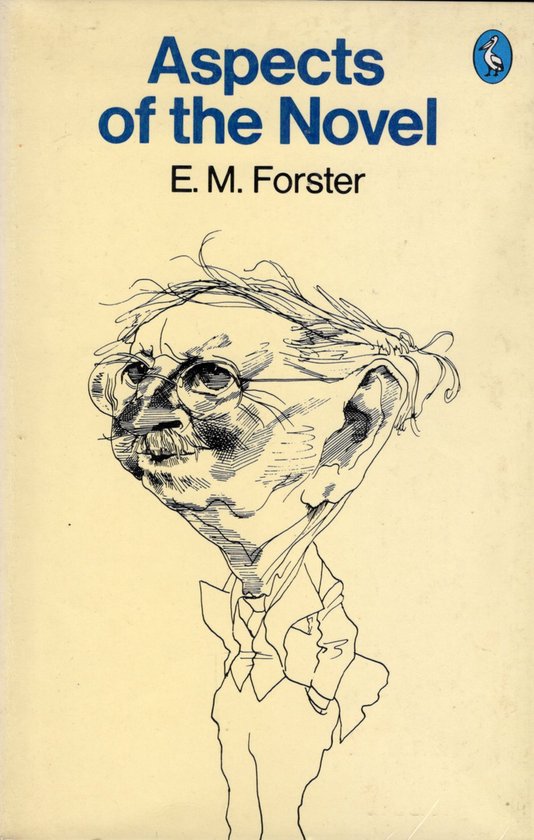
Aspects Of The Novel
-
AuteurE.M. Forster
- Uitgeverij-
- Jaar-
'Aspects Of The Novel' by E.M. Forster is a seminal work that delves into the intricacies of novel writing, offering readers and writers alike a profound understanding of the craft. Originally delivered as a series of lectures at the University of Cambridge in 1927, this book has since become a cornerstone in literary criticism and theory. Forster's insightful analysis covers various elements such as story, people, plot, fantasy, prophecy, pattern, and rhythm, providing a comprehensive framework for appreciating the novel as an art form. His engaging and accessible style makes complex ideas approachable, ensuring that both scholars and casual readers can gain valuable insights. The book's enduring relevance is a testament to Forster's deep understanding of literature and his ability to articulate its nuances with clarity and wit.